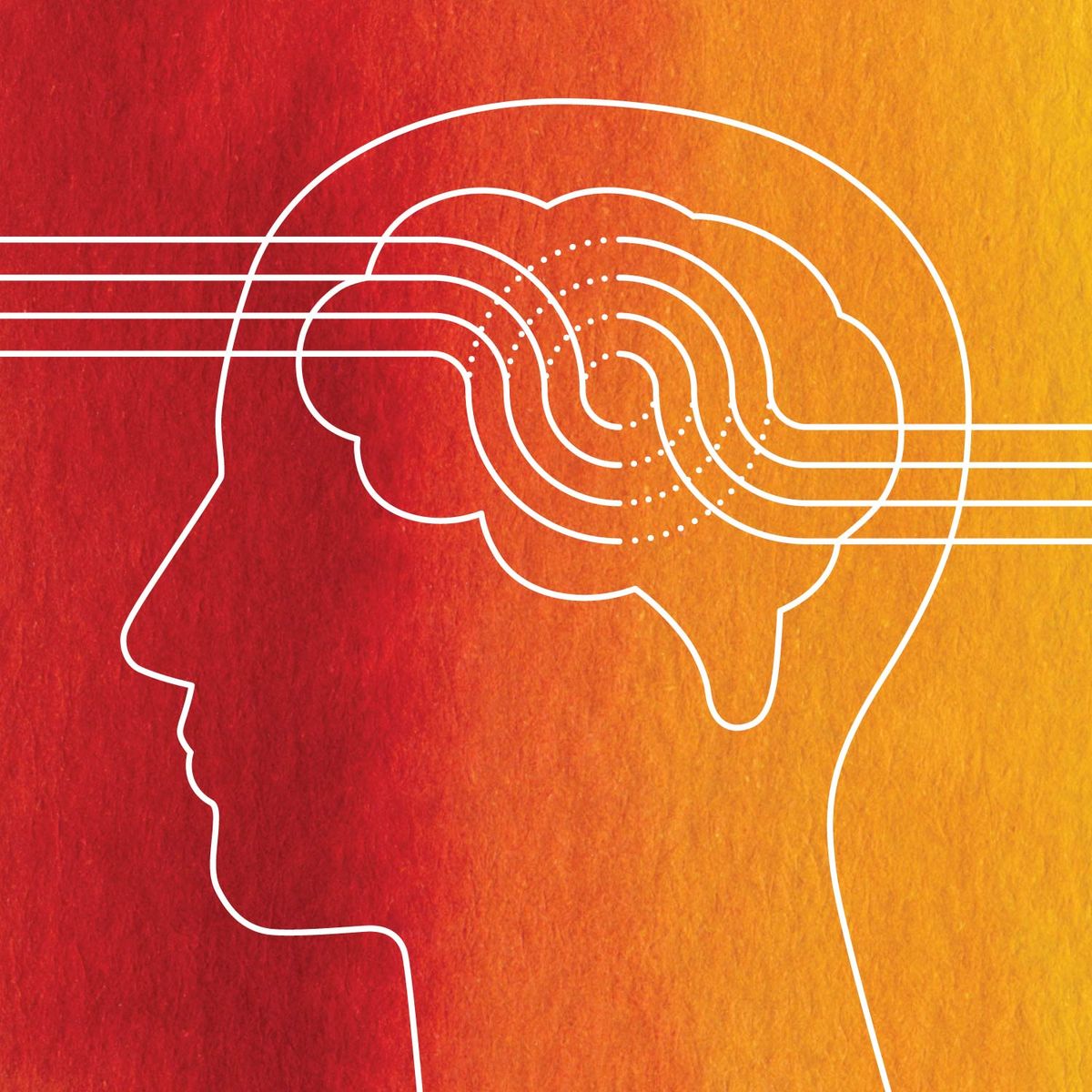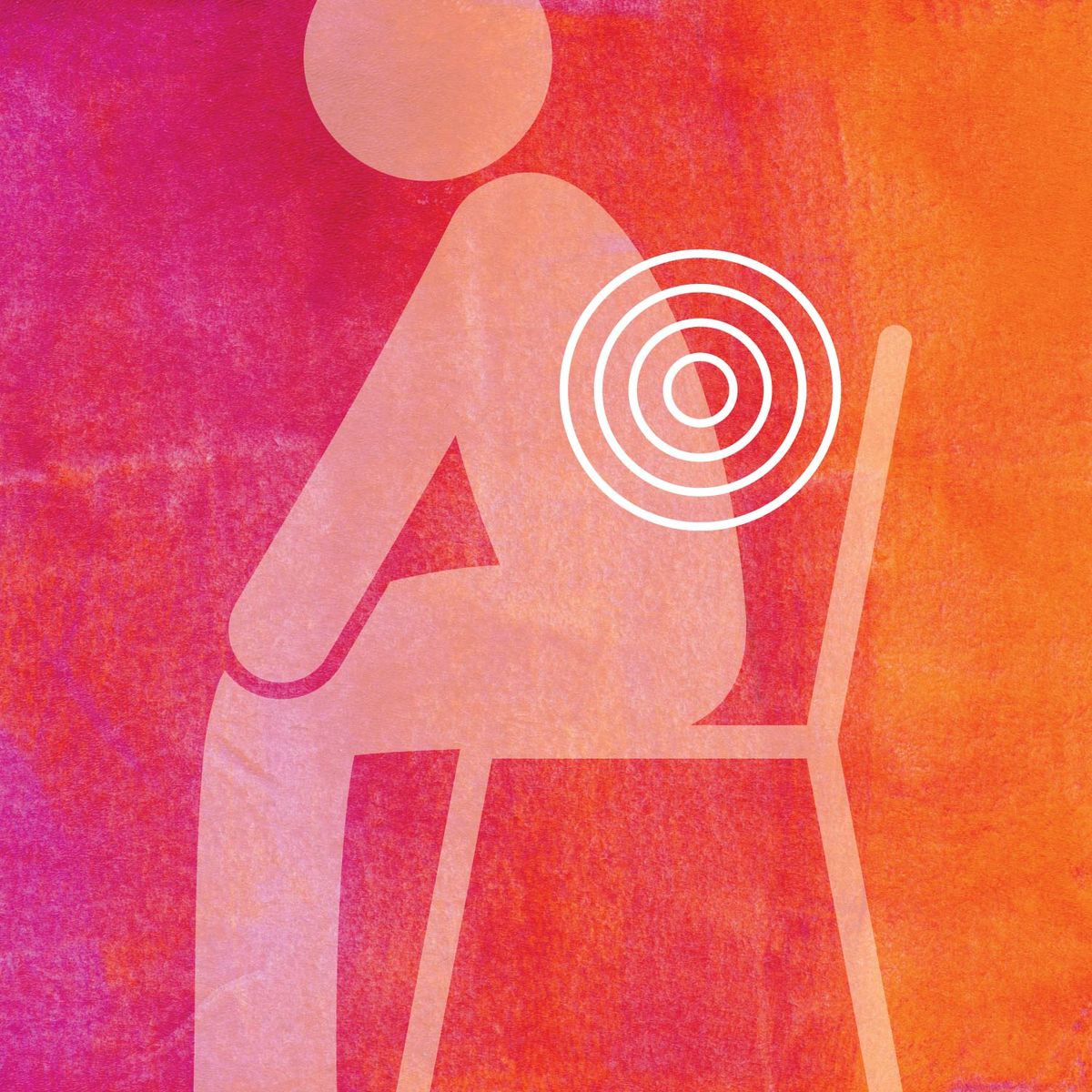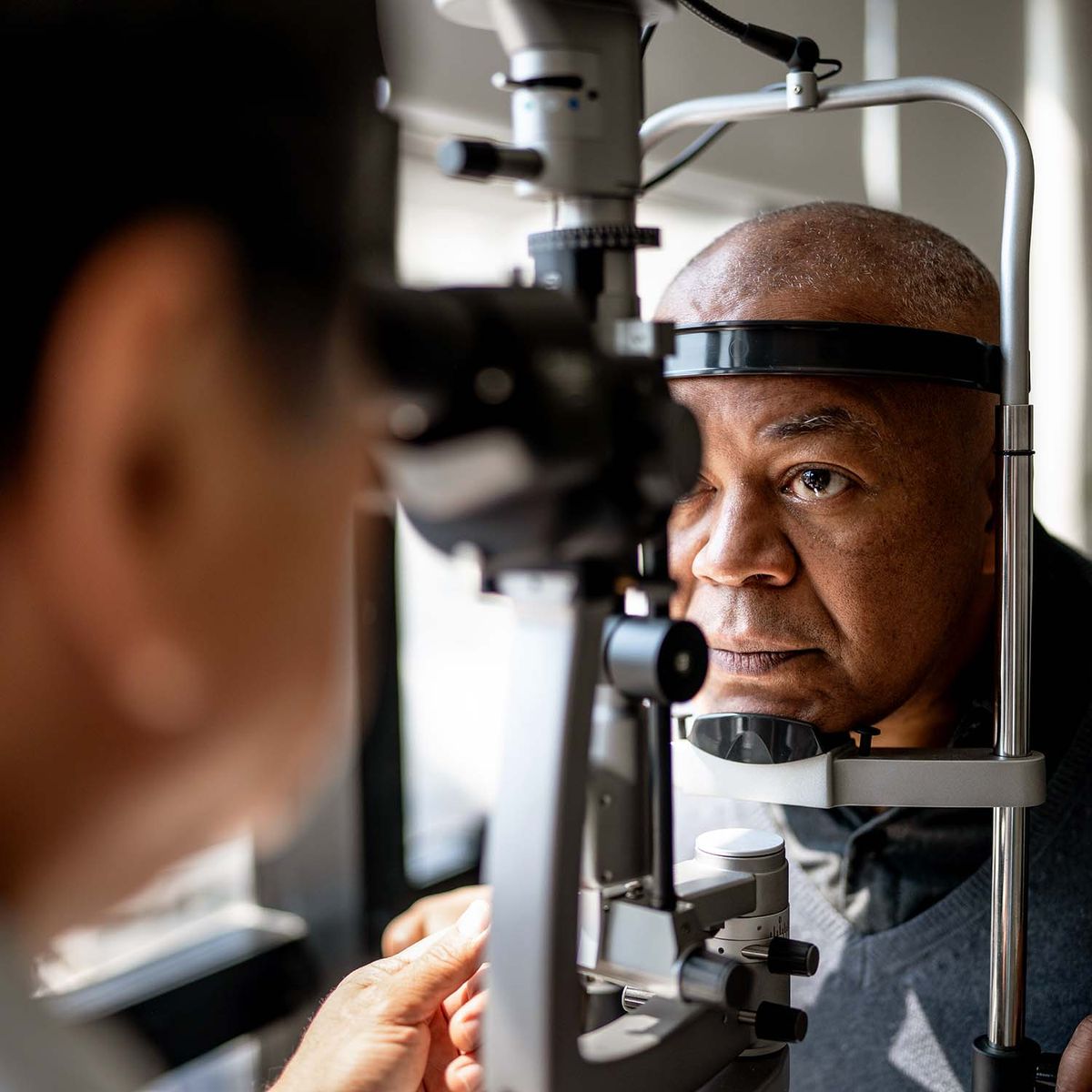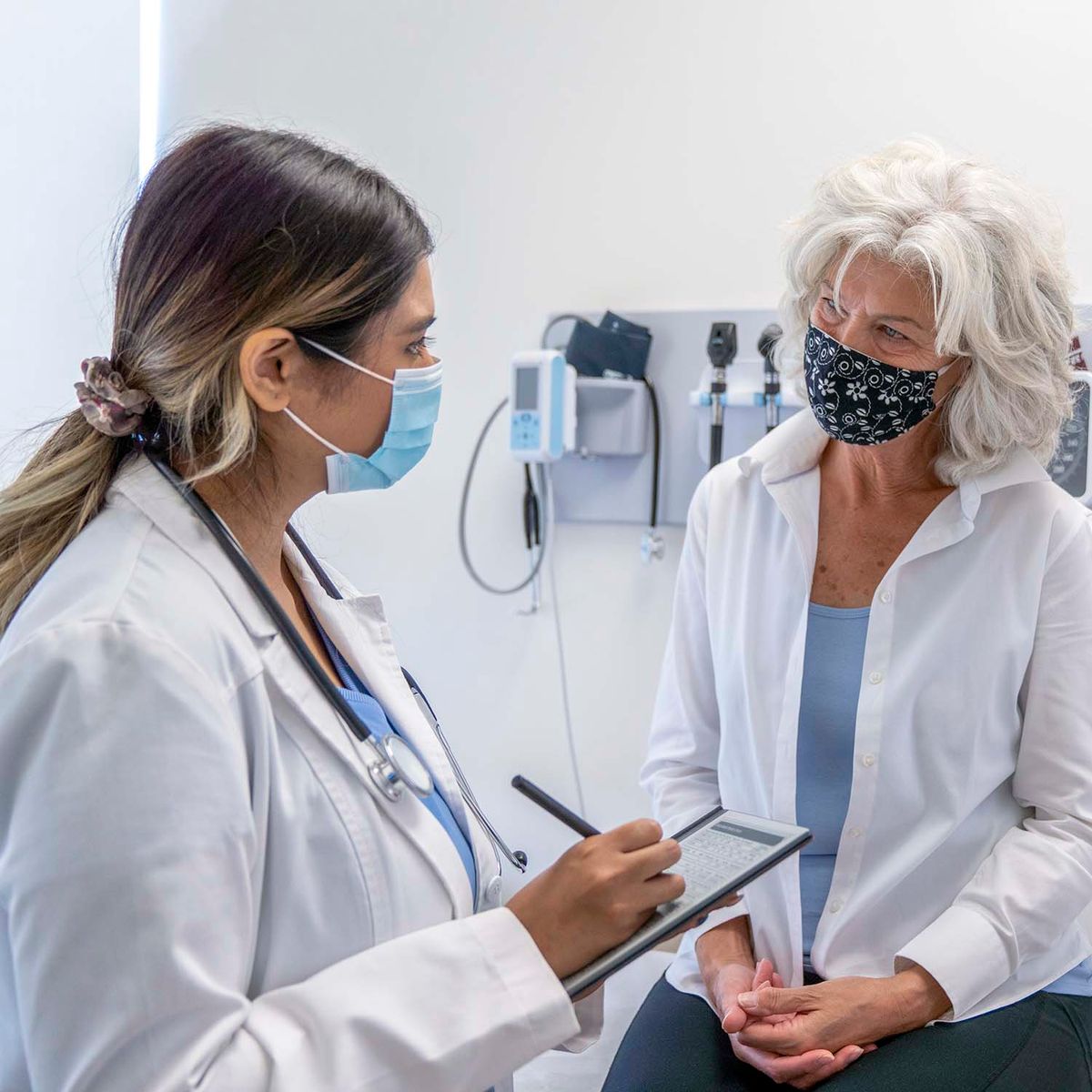Selected Research Results
Research spotlights of selected studies are shown below. For a full list of published NCCIH Research to-date, see PubMed.
Spotlights for 2022
New Study Fails To Replicate Research That Suggested a Novel Activity of Piezo1
Contrary to the findings of a study published 2 years ago, the ion channel Piezo1 does not react to microbial single-stranded RNA (ssRNA) in the gut, according to a new study by investigators from the National Center for Complementary and Integrative Health (NCCIH) and The Scripps Research Institute. The new study, which was funded by the Helping to End Addiction Long-term® Initiative, or NIH HEAL Initiative®, was published in the journal eLife.
November 2022
New Study Explores How Instructions and Learning Affect Pain Perception and the Brain
Both learning and verbal instructions influence expectations and people’s perception of pain, but responses differ in different regions of the brain, according to a new study by researchers from the National Institutes of Health, published in eLife. The findings of this study, which was conducted by the intramural research programs of the National Center for Complementary and Integrative Health and the National Institute of Mental Health, may help researchers develop better treatments for pain.
November 2022
U.S. National Survey Identifies Associations Between Chronic Severe Back Pain and Disability
According to a new analysis of national survey data, 8.2 percent of American adults have chronic severe back pain, and about three-quarters (74.8 percent) of those with chronic severe back pain have difficulties with mobility, social participation, self-care, or work participation. The analysis, conducted by researchers at the Université de Montréal and the National Center for Complementary and Integrative Health, was published in The Journal of Pain.
September 2022
Researchers Identify a Phospholipid Responsible for the Immunomodulatory Activity of an Important Gut Bacterium
In a recent study published in Nature and partly funded by the National Center for Complementary and Integrative Health, researchers at Harvard Medical School and the Broad Institute of MIT and Harvard identified a specific lipid responsible for the immunomodulatory properties of the gut bacterium Akkermansia muciniphila and explored the mechanisms by which it exerts its effects.
July 2022
Yogic Breathing Affects Cerebrospinal Fluid Dynamics During Breathing Practice
Practicing yogic breathing may have an effect on an individual’s cerebrospinal fluid (CSF) dynamics—the movement, flow, and circulation of the CSF—and on the health of the central nervous system, according to a new study published in the journal Scientific Reports. This study, conducted by researchers at Oregon Health & Science University and funded by the National Center for Complementary and Integrative Health, the National Institute on Aging, and the National Center for Advancing Translational Sciences, was the first to analyze the impact of deep breathing on CSF dynamics.
June 2022
New Analysis Confirms Benefit of Supplements for Slowing Age-Related Macular Degeneration
Substituting lutein and zeaxanthin for beta-carotene in a dietary supplement that slows the progression of age-related macular degeneration (AMD) increased the supplement’s effectiveness and reduced the risk of lung cancer due to beta-carotene, according to a follow-up analysis of a large clinical trial. This new report, which analyzed 10 years of data from Age-Related Eye Disease Study 2 (AREDS2), was funded by the National Institutes of Health and published in JAMA Ophthalmology.
June 2022
New Research Shows Variation Among Individuals in Brain Representations of Pain
The brain’s processing of pain differs among people, with more individual variation in some brain regions than others, according to a new study from an international group of institutions in South Korea, Germany, the Netherlands, France, Canada, and the United States, including the National Center for Complementary and Integrative Health. The findings of this study, published in the journal Nature Neuroscience, may help researchers identify potential targets for personalized assessment and treatment of pain.
May 2022
Psychological Effects of Yoga and Physical Therapy on Low-Back Pain and Disability
Improvements in perceived stress may contribute to a reduction in low-back pain (LBP) and related disability in people with chronic LBP who receive physical therapy (PT), according to a recent analysis of data. However, the effects of yoga and PT on other psychological factors, compared to an education control group, were small and did not significantly contribute to improvements in LBP or disability. The analysis was funded in part by the National Center for Complementary and Integrative Health (NCCIH) and published in the Journal of Orthopaedic & Sports Physical Therapy.
May 2022
National Survey Data Show an Increase in the Percentage of Physician Office Visits That Include Complementary Health Approaches Between 2005 and 2015
The percentage of office visits at which physicians provided or recommended complementary health approaches more than tripled between 2005 and 2015, according to a new analysis of data from the National Ambulatory Medical Care Survey (NAMCS). The analysis, which was performed by investigators from the National Center for Complementary and Integrative Health and published in a recent issue of the Journal of Integrative and Complementary Medicine, also showed that visits that included complementary health primarily involved patients who were age 45 or older, female, non-Hispanic white, and covered by public or private health insurance.
May 2022
Reasons Physicians Recommend or Don’t Recommend Common Complementary Health Approaches to Patients
A new analysis suggests that physicians use a combination of personal experience and scientific evidence when deciding whether to recommend complementary health approaches. The findings also suggest that physicians who recommend these approaches may have some degree of trust in the opinions of both their peers and patients regarding these approaches. Recently published in Journal of Integrative and Complementary Medicine, the analysis was led by researchers at the National Center for Complementary and Integrative Health (NCCIH) and National Center for Health Statistics and partly funded by NCCIH.
May 2022
Mindfulness Training Appears To Improve an Immune Function Marker in Lonely Older Adults
Mindfulness training may improve immune function in lonely older adults, according to a new study from the University of Pittsburgh and Carnegie Mellon University. The study, which was funded by the National Center for Complementary and Integrative Health, was published in the journal Brain, Behavior, and Immunity.
May 2022
Researchers Identify Best Data Source for Monitoring Chronic Pain Among Adults in the United States
According to a new review published in the Journal of Pain, the National Health Interview Survey (NHIS) is the best single surveillance source for monitoring chronic pain data in the United States. The NHIS is an annual interview survey that collects household health data representing the U.S. civilian, noninstitutionalized population. The review was conducted by researchers from the Centers for Disease Control and Prevention; the National Center for Complementary and Integrative Health (NCCIH); Kaiser Permanente Washington, Health Research Institute; Oak Ridge Institute for Science and Education; the Office of Pain Policy, National Institutes of Health; and Stanford University School of Medicine.
April 2022
New Analysis Shows Racial and Ethnic Differences in the Relationship Between Pregnancy and High-Impact Pain
Non-Hispanic White women in the United States are less likely to have high-impact pain when they’re pregnant than at other times in their lives, but this pattern is not seen in non-Hispanic Black or Hispanic White women, according to a new analysis of national survey data. The analysis, published in the Journal of Women’s Health, was performed by researchers from the National Institutes of Health’s Office of Research on Women’s Health and National Center for Complementary and Integrative Health.
February 2022
Acute Pain Tolerance Is More Consistent Over Time in Women Than Men, According to New Research
Many researchers exclude women from pain studies because they assume that hormonal changes in women lead to more variability over time and less reliability in ratings of pain. New research, however, shows that women have higher test-retest reliability (a measure of consistency across measurements) on thermal pain measures than men, disproving the assumption used to justify including only men in pain research. The new study, published in the Journal of Pain, was partially funded by the National Center for Complementary and Integrative Health (NCCIH) and led by NCCIH researchers.
February 2022
New Research Shows Changes in Brain Connectivity in Youth With Functional Abdominal Pain Disorders
Youth with functional abdominal pain disorders (FAPDs) have distinctive patterns of brain connectivity that could support the development of biomarkers and inform new treatment approaches, according to a study by researchers from Michigan State University and Cincinnati Children’s Hospital Medical Center. The study, which was partially funded by the National Center for Complementary and Integrative Health, was published in the journal Pain.
January 2022














